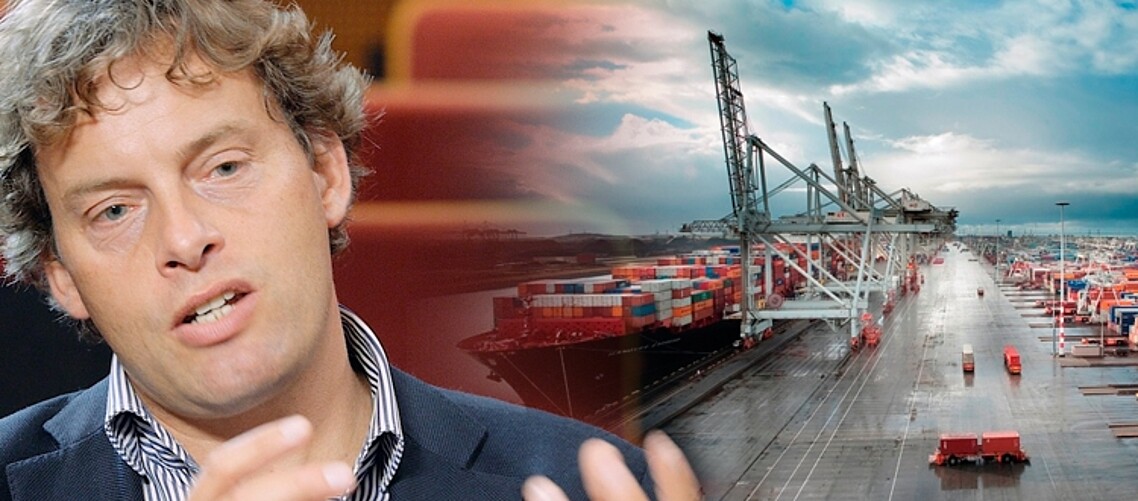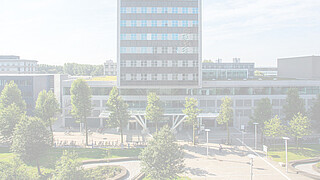Deliver on time
An example of value creation from connecting networks is a port operator agreeing with a shipper to deliver a container on time without specifying the logistics in advance. Once the import container is ready for transport, the decision is made to ship it by truck, train, or river vessel; it depends which mode of transport is available to meet the deadline. Achieving this state of ‘synchromodality’ with a minimum of friction requires co-ordination and exchange of information between actors in the supply chain. Professor Zuidwijk’s research will help port operators to improve their utilization of the different modes of transport by connecting the organisational, information, and logistics networks involved.
Organising connectivity
Global ports are constantly challenged to organise their connectivity for greater efficiency and for adding value to supply chains through the port. In his inaugural speech, Professor Zuidwijk will describe plans to investigate how global supply chains can co-ordinate activities to become more efficient, reduce their environmental footprints, and enhance security. Ports have already embarked on playing a key role in this.
Environmental footprint and risk exposure
More sophisticated use of information can help ports to become enabling nodes in global supply chains, and help reduce negative externalities. Zuidwijk will argue that by collecting and sharing information, the environmental footprint and security risk of container logistics can be better accounted for and reduced. But there’s still work to be done: environmental footprint and risk exposure are not evident for the customers when they receive the goods, so new mechanisms need to be designed to co-ordinate footprint and risk reduction in global supply chains.
Rob Zuidwijk’s inaugural address will take place on 13 November 2015 and is open to the public. The ceremony will start at 16:00 prompt in the Aula on the Woudestein campus of Erasmus University, Burgemeester Oudlaan 50, Rotterdam. It will be followed by a reception in the same building.
Watch on RSM Discovery: 'Rob Zuidwijk - Each container has his own story'

